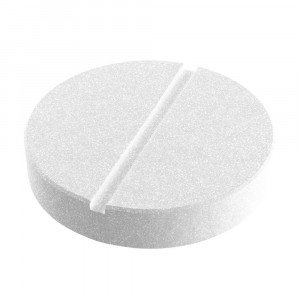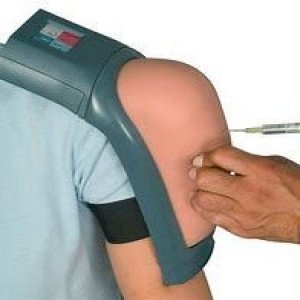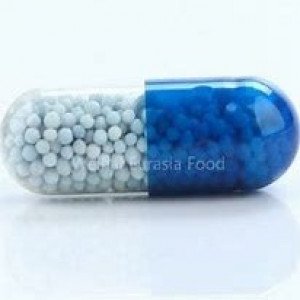 Welcome
Welcome
“May all be happy, may all be healed, may all be at peace and may no one ever suffer."
- A
- B
- C
- D
- E
- F
- G
- H
- I
- J
- K
- L
- M
- N
- O
- P
- Q
- R
- S
- T
- U
- V
- W
- X
- Y
- Z
Ketoprofen (Oral & injection) - Brands
Ketoprofen is a non-steroidal anti-inflammatory drug (NSAID) with analgesic and antipyretic actions. In addition to the inhibition of prostaglandin synthesis, it stabilizes lysosomal membranes in vitro and in vivo, inhibits leukotriene synthesis in vitro at high concentrations, and also exhibits antibradykinin activity in vivo. Ketoprofen produces analgesia by inhibiting the synthesis of prostaglandins peripherally and centrally. It has also been suggested that Ketoprofen causes the suppression of prostaglandin synthesis in the CNS (probably in the hypothalamus) leading to its antipyretic effect.
Ketoprofen is rapidly and almost completely absorbed from the GI tract. It is approximately 99% bound to plasma protein, mainly albumin. Following single or multiple oral doses in healthy adults, the elimination half-life of the drug has averaged 1.1-4 hours. It is rapidly and extensively metabolized in the liver, principally via conjugation with glucoronic acid. Following a single oral dose of Ketoprofen in healthy adults, about 50-90% of the drug is excreted in urine and about 1-8% in faeces within 1-5 days ; most urinary excretion occurs within 12-24 hours and most faecal excretion occurs within 24-48 hours. In case of IM injection, peak concentration of approximately 10 mg/L is reached at about 0.5-0.75 hour after a 100 mg dose. The elimination half-life is approximately 1.88 hour.
To be happy, beautiful, healthy, wealthy, hale and long-lived stay with DM3S.





